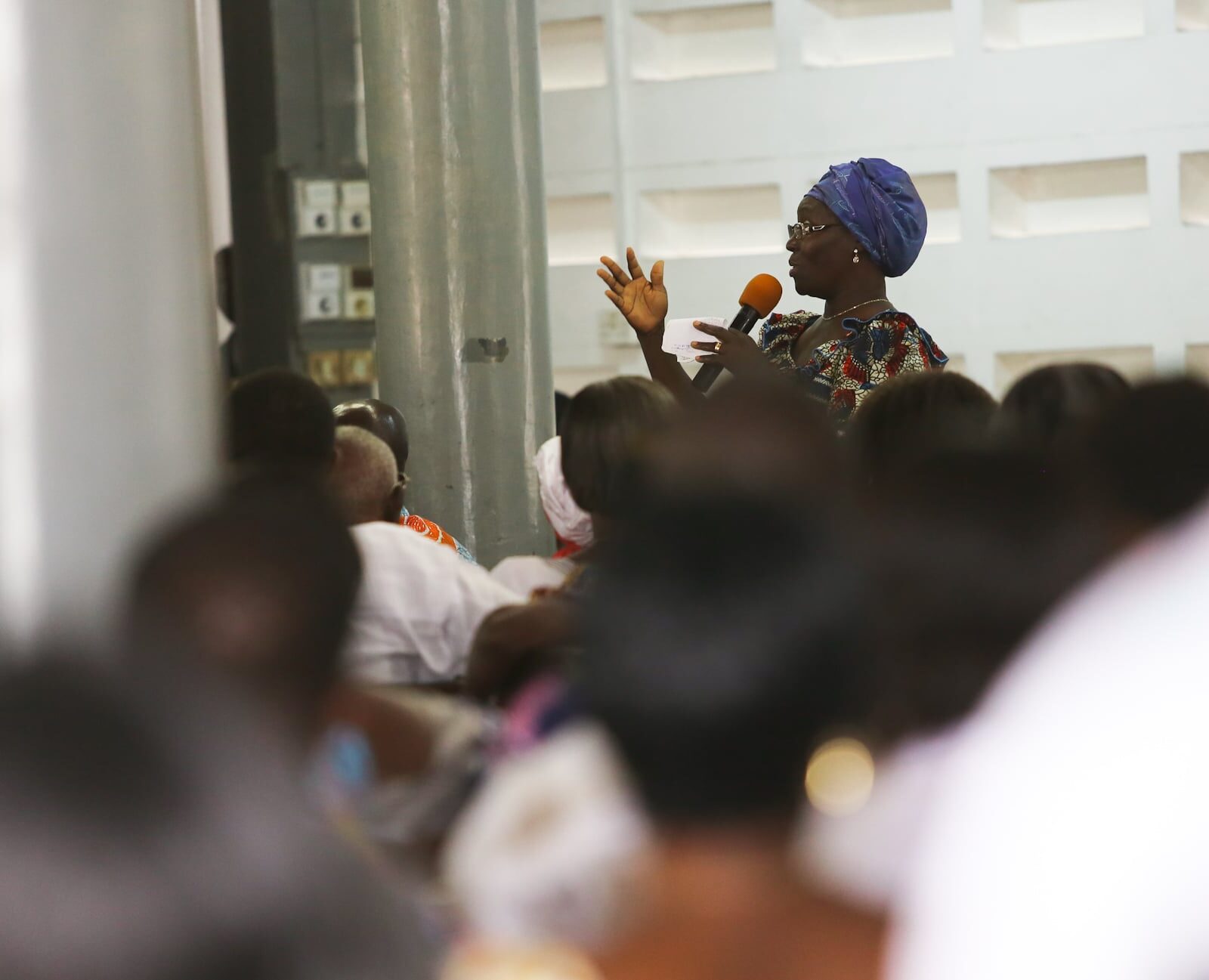About policy dialogue
In 2017, the Government of Ghana started implementing two major policies: the ‘One District One Factory’ (1D1F) industrialization programme and the promotion of democratic local governance and popular participation (devolution). In relation to the first policy, 1D1F, due to failures of industrial policies in the past, some of the key actors are sceptical about the government’s capacity to implement it. Hence, broad-based support from key stakeholders at the national and local levels is needed. The implementation of the second policy, local democratic governance, is likely to be affected by the December 2019 referendum, which seeks amendments to the country’s Constitution to allow citizens to directly elect metropolitan, municipal and district chief executives, and political parties to participate in local government elections. To enhance the chances of success of both programmes, there is a need to learn from past failures; analyse the historical, social, political and economic context in which they are being implemented; and draw on lessons from countries that have established similar policies. All of these things require research evidence. The proposed
Democratic Development Local Governance (DDLG) platform, therefore, seeks to facilitate a structured relationship between the (central and local) government and private investors to enable rapid feedback on the implementation of the policies and programme and to adjust them when needed. This will enhance the likelihood of the two policies attaining their intended outcomes, namely: the structural transformation of Ghana’s economy, provision of sustainable jobs, and promotion of a local democratic system of governance.
Partners
- Institute of Local Government Studies (ILGS), Accra, Ghana
- Other actors: Inter-Ministerial Coordinating Committee on Decentralisation; GIZ; 1D1F Secretariat; 10 selected local governments; Ministry of Local Government and Rural Development; National Association of Local Government Authorities (NALAG); Institute of Democratic Governance (IDEG); United States Agency for International Development (USAID); Office of the Head of Local Government Service; political parties; and the Dutch Embassy in Ghana
